Western banks warn of consequences if EU seizes Russian assets
Several Western banks are actively opposing the EU's plans to appropriate billions of euros in interest accrued from frozen Russian assets, Reuters news agency has reported.
They fear that the appropriation could lead to costly litigation, Reuters cited what it called senior industry sources as saying.
EU leaders on Thursday agreed to allocate up to 3 billion euros ($3.2 billion) of interest on the frozen Russian money annually for the provision of arms to Ukraine.
Western allies have frozen more than $300 billion in Russian assets. According to Russia's Finance Minister Anton Siluanov, more than 3.5 million Russians have also frozen assets abroad worth around 1.5 trillion roubles ($16.32 billion).
Some banks fear, however, that they might later be held liable by Russia if they are involved in any transfer of money to Ukraine.
They fear the EU plan could be extended to assets in accounts they hold for sanctioned individuals and companies, leading to a wider erosion of trust in the western banking system.
The individuals, who according to Reuters chose to remain anonymous, expressed their apprehensions to British and eurozone policymakers.
They highlighted the possibility of legal action that may arise once the anti-Russian sanctions are eventually relaxed or lifted.
Russia has warned that any effort to seize its capital or assets is considered as "banditry", which will result in years of legal proceedings against the perpetrators.
The Russian government has made it clear that it will respond with retaliation if any of its properties or revenue is confiscated.
According to the EU proposal, approximately 90% of the confiscated funds will be directed towards the so-called European Peace Facility in order to procure weaponry for Ukraine.
EU, UK, and US sanctions legislation commonly involves the freezing of assets belonging to specified individuals or entities, rather than outright confiscation.
While assets can be confiscated under English law, this can only occur if they are determined to be the proceeds of criminal activity.
Senior US officials intensified their endeavors last year to guide Western governments in utilizing the frozen Russian central bank reserves for the assistance of Ukraine.
Last month, US Treasury Secretary Janet L. Yellen backed the idea of liquidating roughly $300 billion in frozen assets and using them.
“It is necessary and urgent for our coalition to find a way to unlock the value of these immobilized assets to support Ukraine’s continued resistance and long-term reconstruction,” Yellen said in Sao Paulo, Brazil.
'Catastrophic consequences'
The Kremlin on Friday said Western banks' legal departments understand the "catastrophic consequences" that would follow should the EU proceed with plans to confiscate Russian assets.
Responding to the report that some banks fear that they might later be held liable by Russia, Kremlin spokesman Dmitry Peskov issued a veiled warning.
"The legal department of any bank understands the catastrophic consequences of such actions to expropriate assets, both for the bank, for the country as a whole and for the European economy," Peskov told reporters.
"If such decisions were realized, this would have very serious consequences for those who took and implemented them."
D-8’s role in Iran’s economy after Cairo summit
China slams US as ‘war-addicted’ threat to global security
China ‘firmly opposes’ US military aid to Taiwan
VIDEO | Press TV's News Headlines
President Yoon Suk Yeol to be removed from office
At least 19 Gazans killed by Israeli airstrikes since dawn: Medics
Leader: Iran neither has nor needs proxy forces
US fighter aircraft shot down ‘in friendly fire’ amid aggression on Yemen


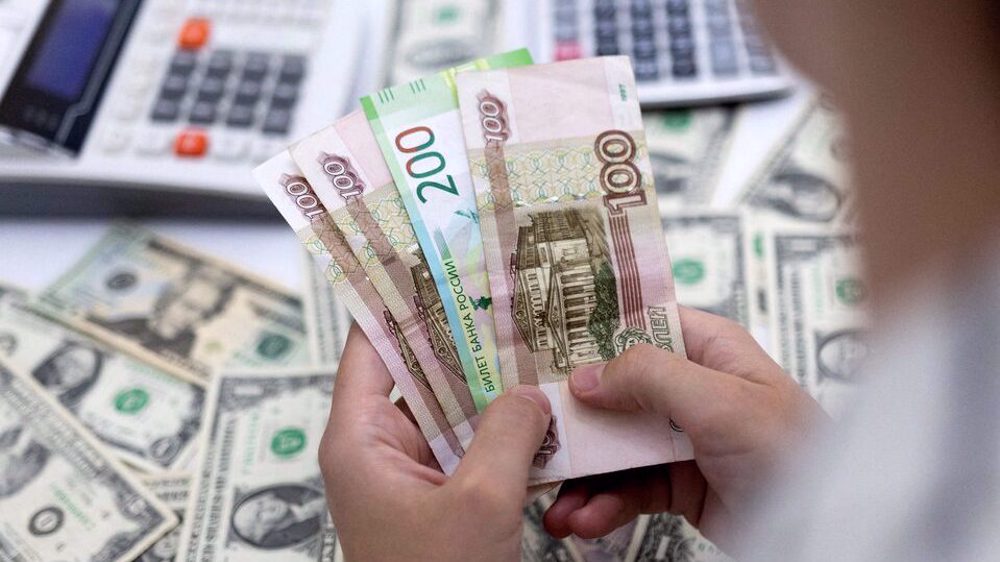


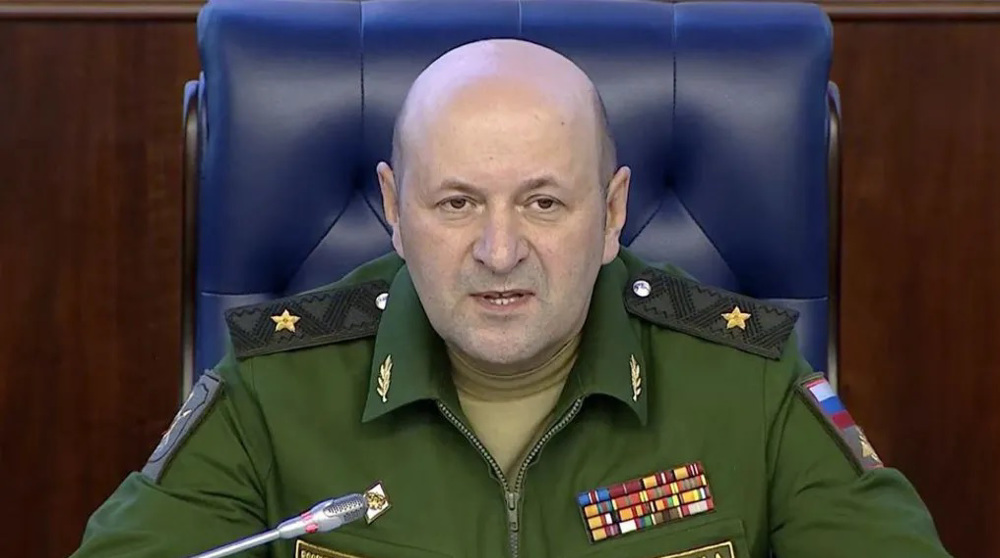



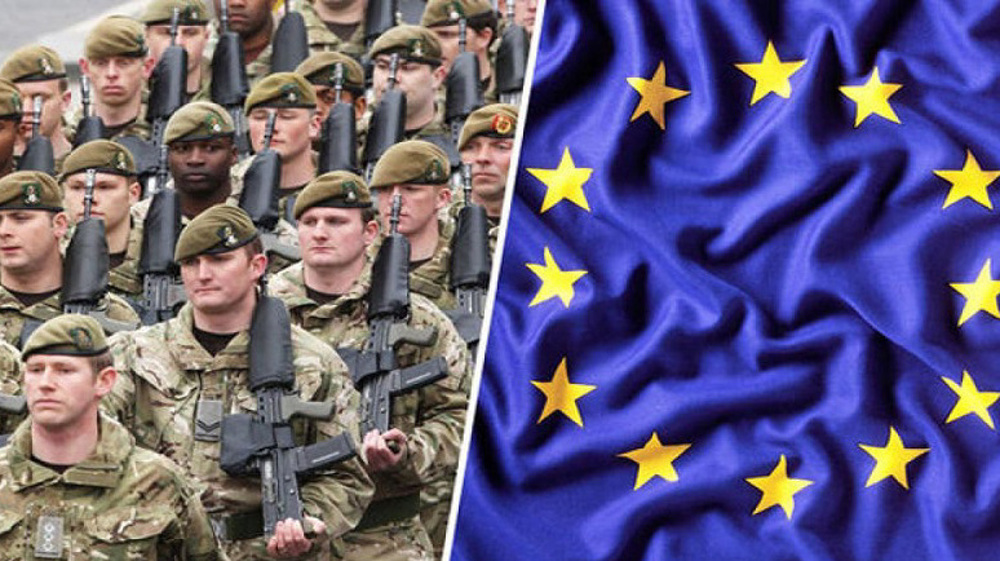


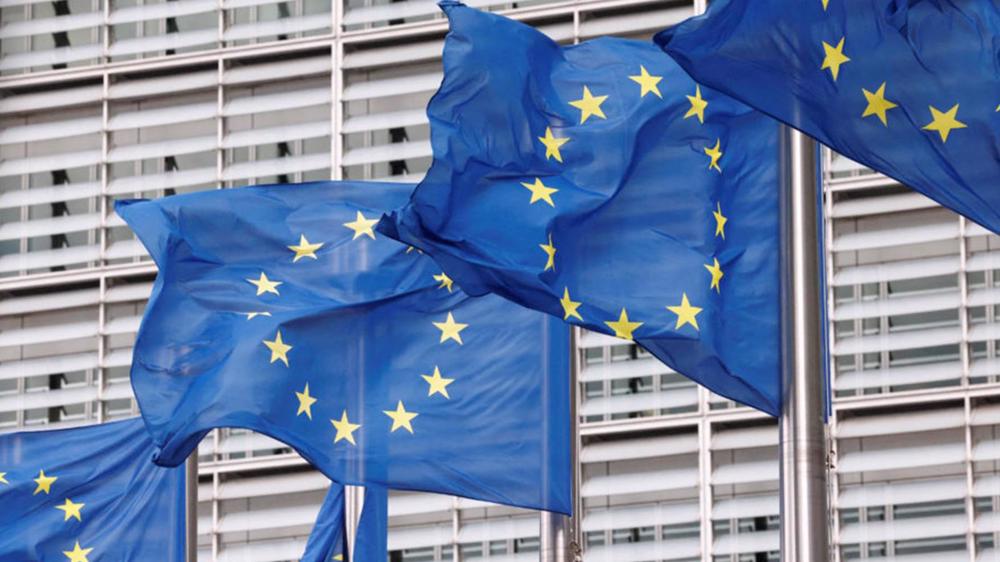

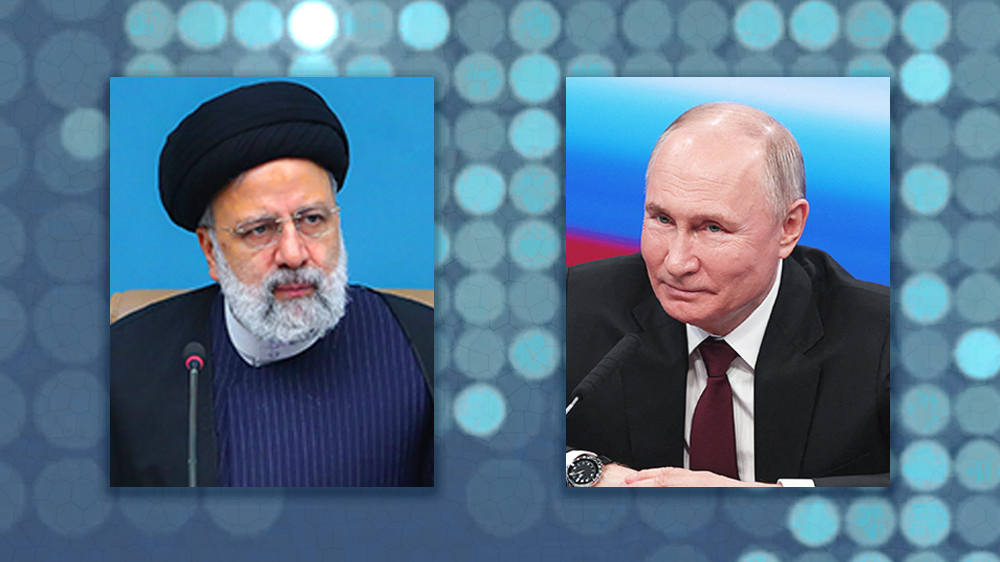

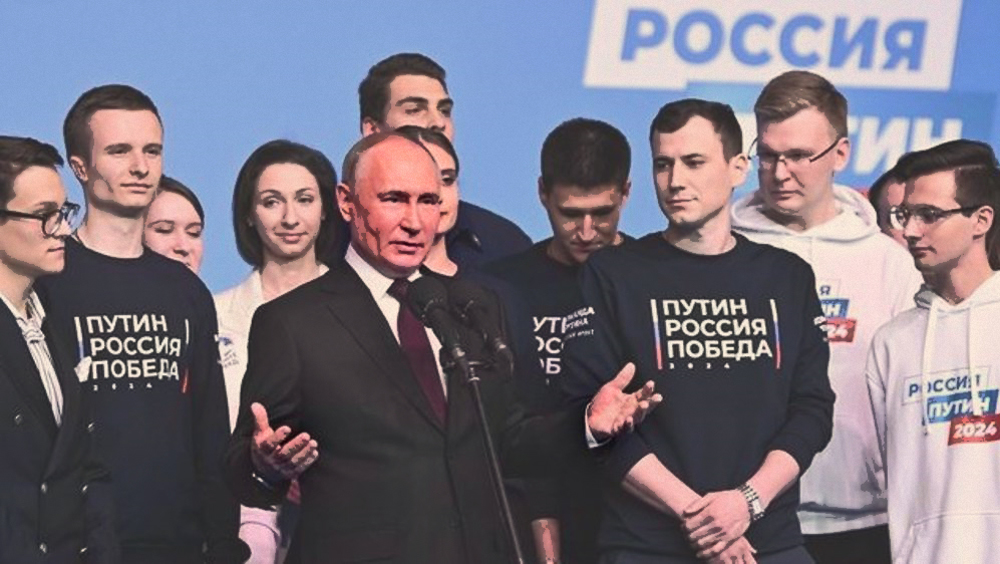

 This makes it easy to access the Press TV website
This makes it easy to access the Press TV website